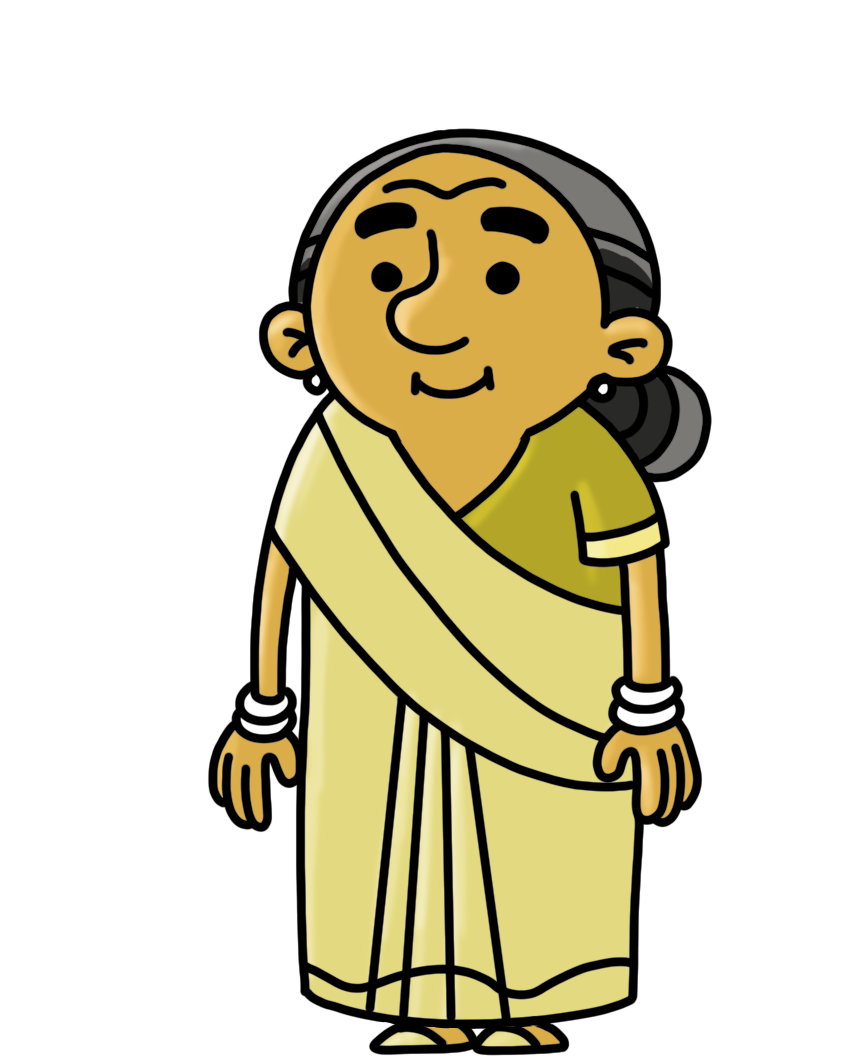FAQs
Are the toilets in trains insanitary latrines, under the law on manual scavenging?
Can the government exercise any investigative powers under this law to find out who employs and maintains insanitary latrines, under the law on manual scavenging?
What happens to manual scavengers who have signed an agreement of employment?
If someone has been excluded from the survey process by a Muncipality, do they still have the chance to be identified as a manual scavenger?
